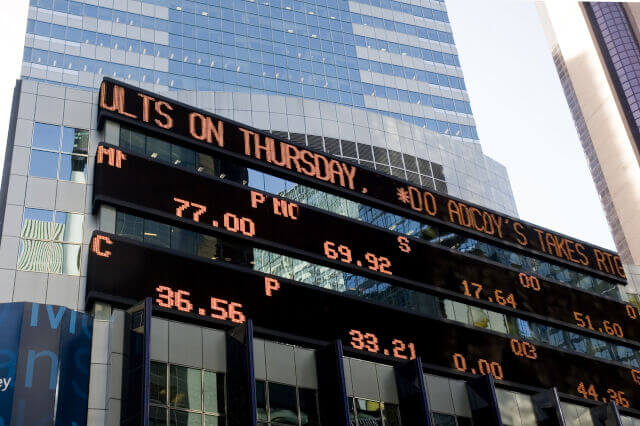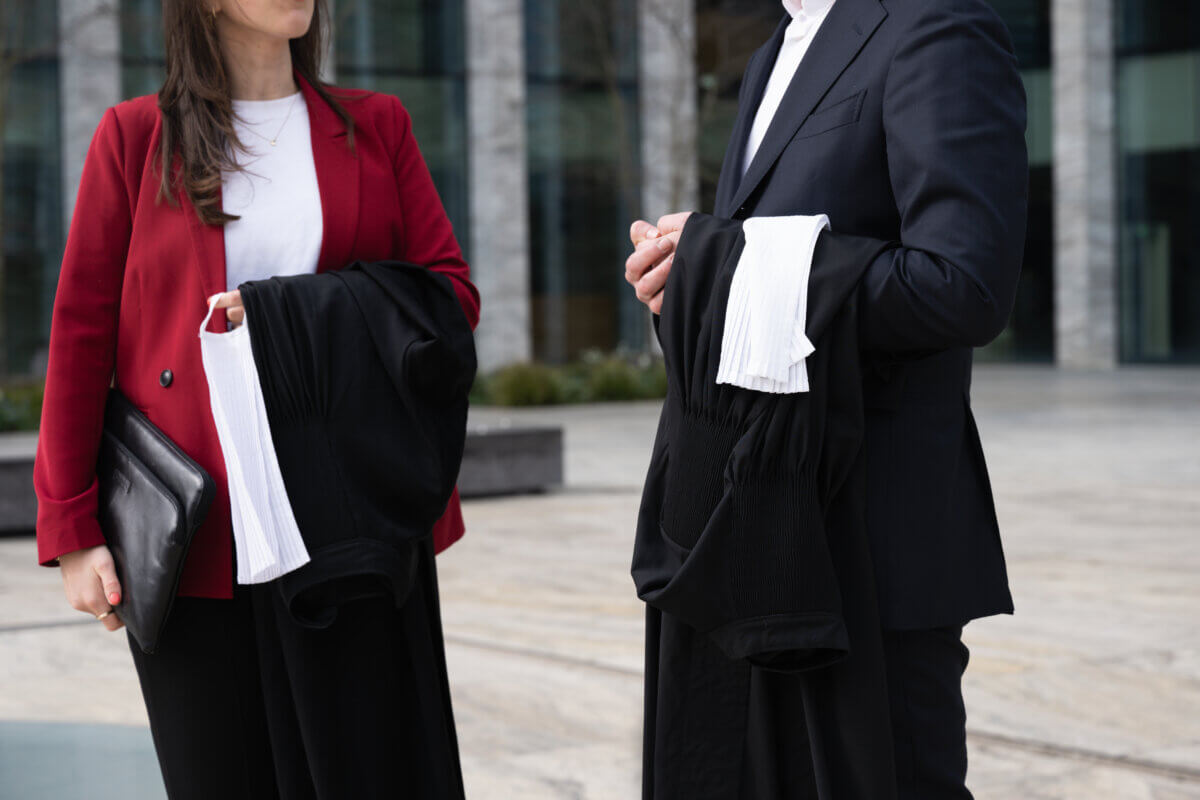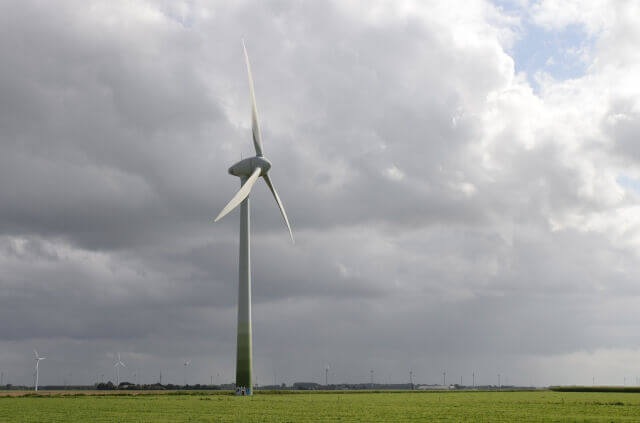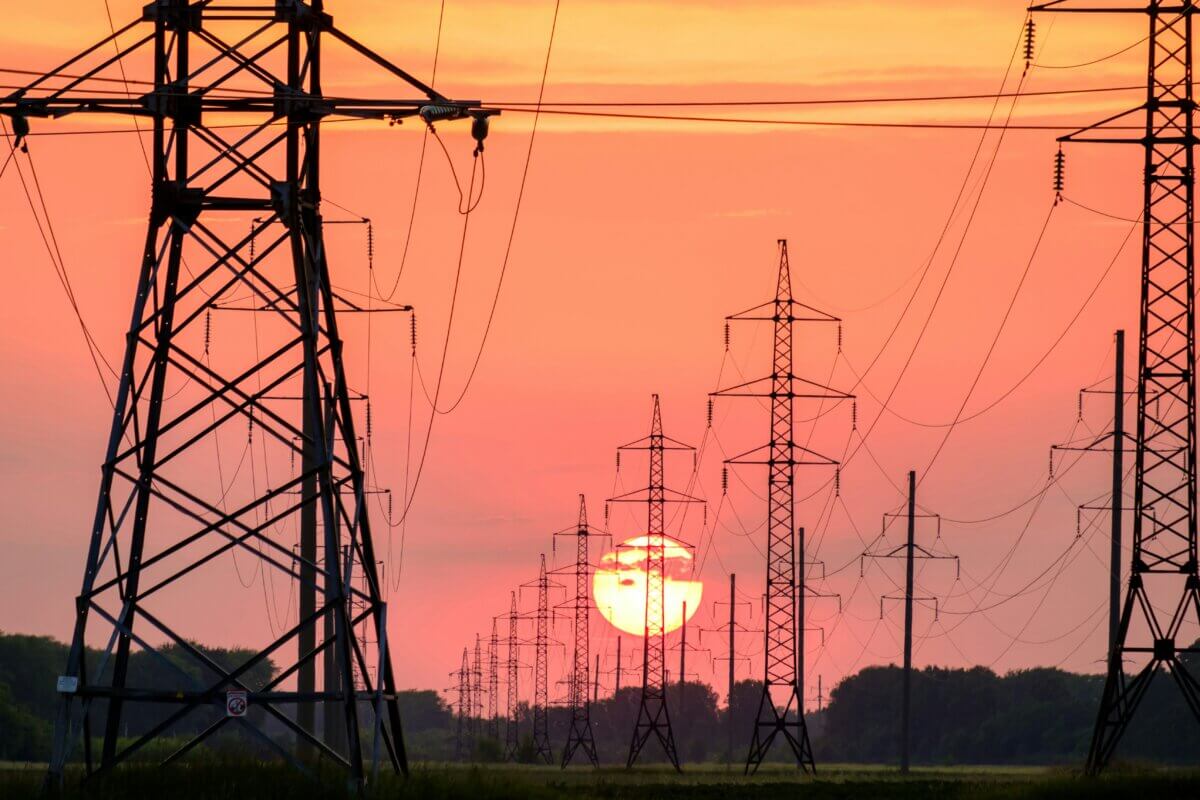Corona – legal prospects on construction projects
The new COVID-19 virus (coronavirus) has a great impact on all businesses, including the real estate and construction sector. Some (expected) consequences of the outbreak are a decrease in real estate investments, a slower rise in rents and a decrease in the value of real estate shares on the stock exchange. This article specifically outlines the effects of the coronavirus on the real estate construction industry, as this industry may be affected in multiple ways.
Update 20 March
Problems for the real estate construction industry
- The coronavirus outbreak will cause problems for the Dutch construction sector in terms of the availability of personnel and the supply of raw materials and materials from China and from other countries where production is affected by the corona crisis. After all, foreign workers, mainly Poles and Slovaks, will have to be replaced by (Dutch) (temporary) workers, who will often be more expensive in view of the increased demand. Materials will not be available or will only be available at higher prices.
- Contractors and employers will be confronted with delays and/or price increases. As a result, legal questions will arise about ongoing construction projects, for example whether parties will be released from their contractual obligations due to the consequences of the coronavirus and who bears the risk of price increases.
- Although the answer to the above questions obviously depends on the specific provisions in the construction contract, we provide an overview below that enables parties involved in construction projects to assess the possible consequences of the coronavirus. In doing so, we discuss the relevant provisions in a building contract, the general terms and conditions most commonly used in the Netherlands for such a contract (UAV 2012 and UAV-GC 2005) and Dutch law.
Building contract
- First and foremost, the provisions of the building contract apply. The question whether one of the parties involved in the construction project shall be liable for the damages caused by (for instance) a delay in the construction due to the coronavirus, largely depends on the specific terms and conditions of the relevant building contracts and the general terms and conditions pertaining thereto (if applicable).
Delay
- Contractors are, in principle, in default during the period that completion is delayed. However, if the delays are not attributable to a contractor (due to force majeure), it will not be subject to penalties and the contractor may be entitled to an extension period and additional payment. The specific facts and circumstances of the case are of course leading in determining whether the delay was caused by force majeure, see also below.
- This of course depends on the specific facts and circumstances of the case to determine whether the delay is caused by force majeure, see also below.
- Normally, a delay in a project means that a discount on the contract price or a penalty is imposed. The relevant provision of the UAV 2012, paragraph 42 sub 3, also stipulates that no discount is imposed for days on which construction is delayed due to force majeure. Delays due to ‘business disturbances’ or unworkable weather (if the construction time is not counted in workable days) do not lead to a discount being imposed for a delay of unusual duration. That does not apply if the delay has lasted only a few days.
- Construction contracts usually record when construction work is due to start and must be completed by the contractor. The construction period can be expressed in calendar days, workable working days or a fixed delivery date.
- If parties agree to a construction period in workable working days, a day would be considered as a not-workable day in the event the employees and/or the installations or machines on the construction site have not been able to work for a consecutive period of four hours due to (mostly) the weather conditions. It is the question whether a day may be qualified as a not-workable day in the event the employees on the construction site have not been able to work for a consecutive period of 4 hours due to the coronavirus. Although that paragraph 8 sub 2 UAV 2012 is written in principle for the consequences of unworkable weather, it can also be read as referring to days when construction comes to a halt due to the coronavirus.
- Furthermore, if a contractor suspects that delays may be caused due the coronavirus, a contractor may be entitled to request for an extension of the construction period. Especially projects where the UAV 2012 applies as paragraph 8 sub 4 stipulates that the employer can extend the construction time at the contractor’s request. Pursuant to paragraph 8 sub 5 UAV 2012, the contractor is entitled to an extension of the construction period if due to a force majeure event it can no longer be requested from the contractor to complete the work / project in time. The UAV 2012 stipulates that such a request must be made in writing, at least fourteen days before the expiry of the relevant term.
Price increase
- It is common in construction agreements to stipulate that the price is ‘fixed’ until the end of the work or completion. Consequently, the contractor bears the risk of any price increases in his purchases of materials or personnel. However, such a provision does not mean that the contractor is not in any way entitled to additional payment in the event of price increases.
- For instance, in case of price increases due to the coronavirus, a contractor may be entitled to additional payment based on paragraph 47 UAV 2012 or section 7:753 Dutch Civil Code (DCC), which relates to such price increases. As indicated, such price increases may relate to the cost of materials, but also to the increased costs of personnel. These must be cost-increasing circumstances that arose after the conclusion of the agreement and that cannot be attributed to the contractor.
- However, please note that it is also not uncommon to exclude the applicability of paragraph 47 UAV 2012 or section 7:753 DCC in construction contracts. Nonetheless, there is still the last resort of section 6:258 DCC (as described below), which applicability cannot be excluded in contracts.
- The court will only amend an agreement in the event that there will substantial price increases, which include among others taking into account the ratio between the price increases and the total contract price, the consequences for the profit margin or the quantified risk included in the contract price.
Dutch law
- Force majeure consists of unavoidable, uncontrolled and unremovable circumstances that were not and could not be foreseen. Article 6:75 DCC states that a non-performance of the contract cannot be attributed to the debtor if he is not to blame for it nor accountable for it by virtue of law, a juridical act or generally accepted principles (common opinion). In our opinion, it may well be possible that there are situations in which the consequences of the coronavirus fall within the scope of force majeure (even more so if at any time an overall lockdown is imposed). The building contractor can claim (partial) compensation for the extra costs in cases of force majeure. Moreover, a contracting party will be entitled to suspend the performance of its contractual obligations for as long as the force majeure situation continues.
- Should (only) the DCC apply, and not the more liberal UAV 2012, the agreement can be altered via the doctrine of unforeseen circumstances (section 6:258 DCC). This article stipulates that the court is entitled to amend agreements or dissolve it in whole or in part, if it cannot be expected that an agreement will remain unchanged due to unforeseen circumstances, according to standards of reasonableness and fairness.
Conclusion
The contract, used general conditions and the DCC provide certain starting points for the parties involved in construction projects regarding the negative consequences of the coronavirus. Although the exact impact of the coronavirus on building projects is still uncertain, the assessment of the legal consequences requires in any event a detailed analysis of all relevant facts and circumstances. In any case, it is advisable that the contractor informs the employer in time of possible consequences of the corona crisis, so that the parties can think about solutions in joint consultation.
Of course, we are available for all questions rising from the negative consequences of the coronavirus in construction projects.





